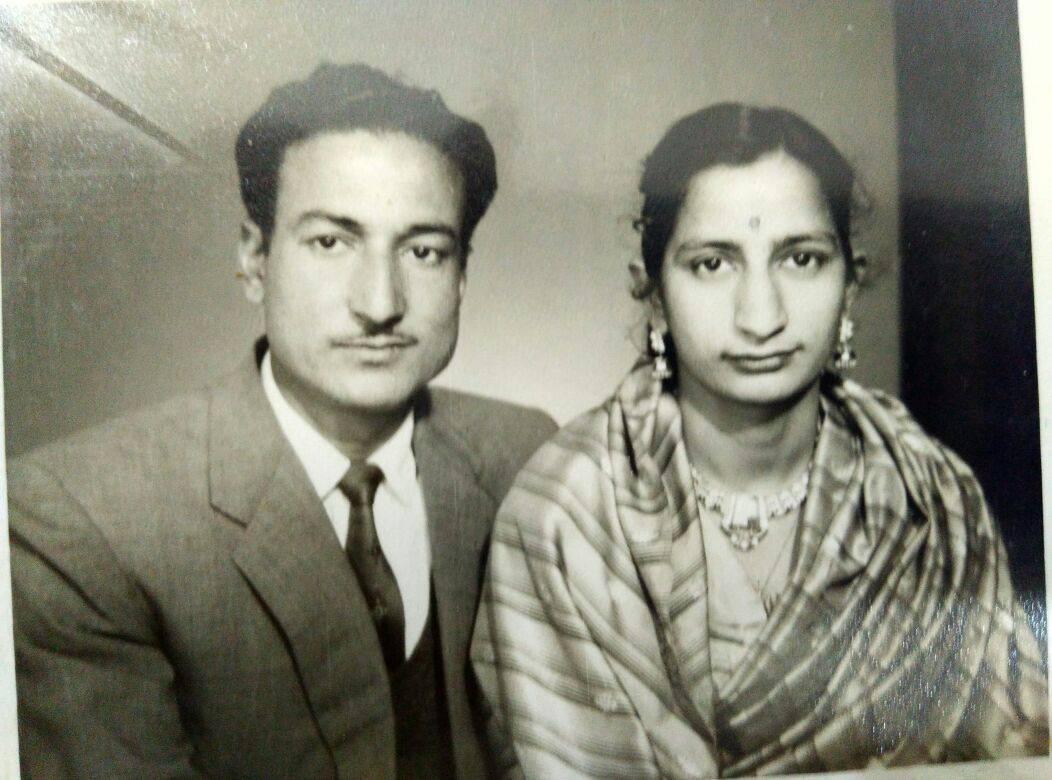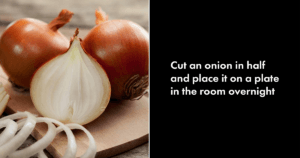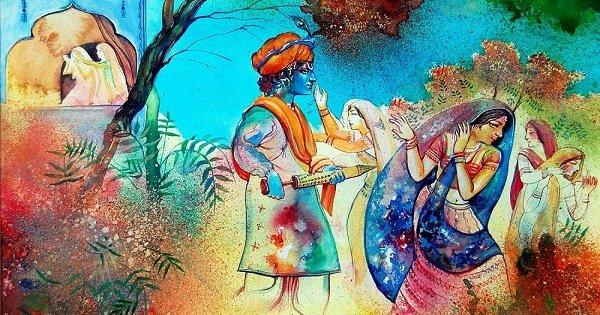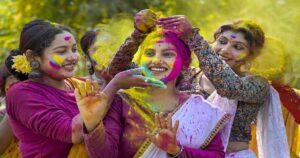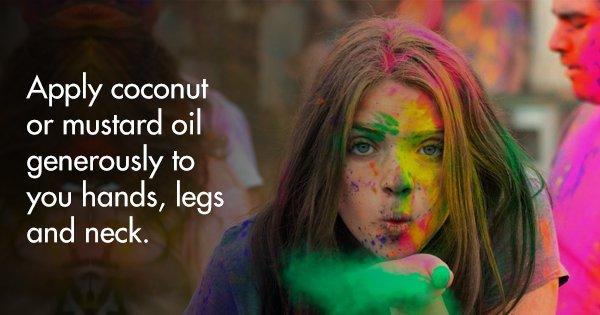India was divided 70 years ago. That is when Pakistan came into being. Today, when we celebrate Independence, little do we know about the sacrifices that our ancestors made to get us freedom. We have no idea about the pain that they had to go through to survive the partition.
People had to leave homes. There was bloodshed. Trains were filled with dead bodies. Men, women and children, nobody was spared. That was the year of 1947, the year Hindustan was partitioned.
The horrors of this partition still ring clear in the ears of those who witnessed it and live to tell the tale. And among those people is my nani, who was 7 years old when she left her home in Lahore (then part of India) and moved to present-day India.
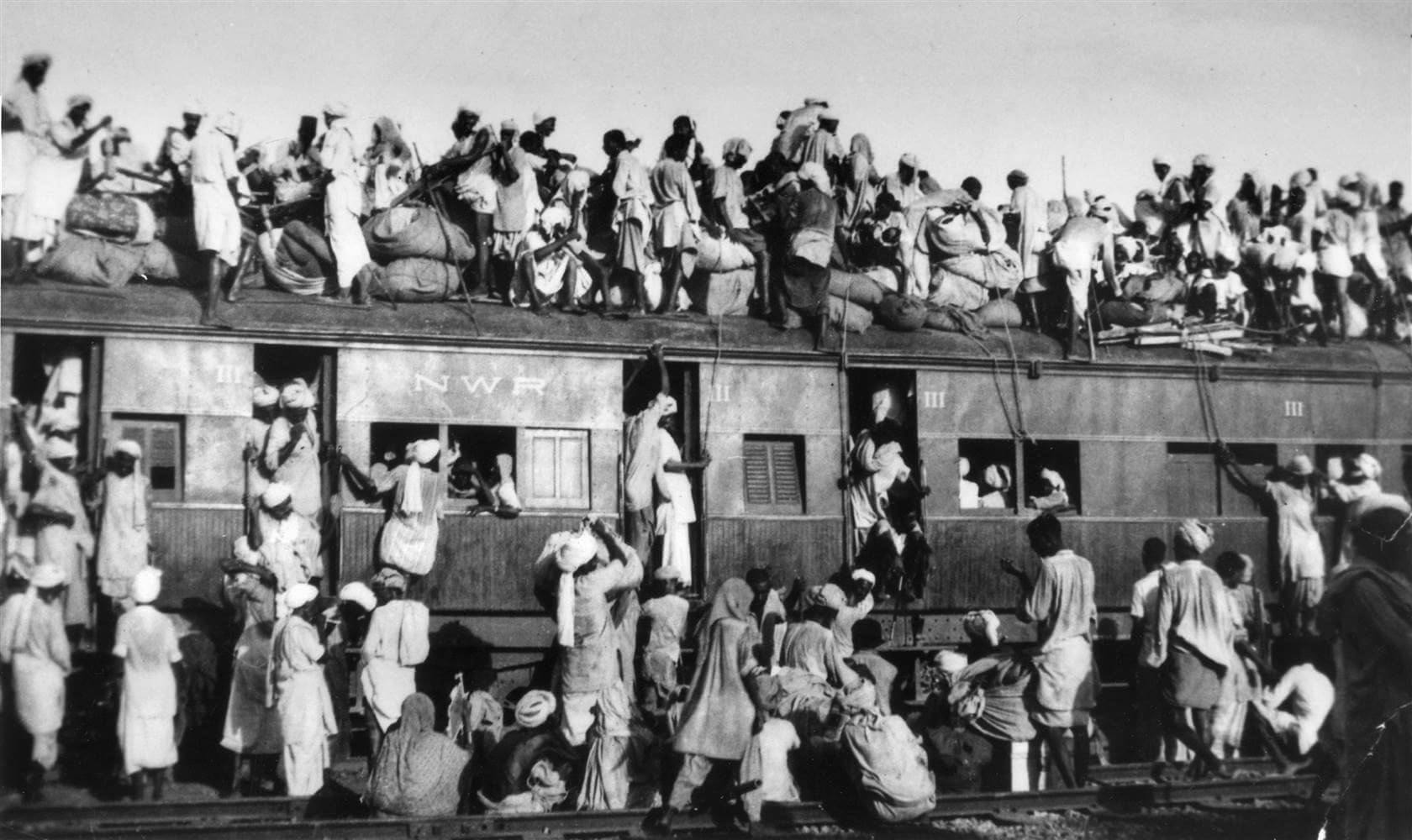
I was 14 years old when she told me her tale and what I had always read in school’s history textbooks as a story, suddenly became real. It was disturbing and has never left my mind since that day. Her face, overcome with grief and sadness, is still fresh in my memory. Here’s her account of the partition in her own words:
I woke up one morning to find ma and papa hurriedly packing up stuff. As my younger sister, three brothers and I confusingly looked at all the activity, our parents explained to us that we will have to leave our home, our city Lahore and move to India.
“But mum, this is India”, I said.
“It was, my beti. Now it’s Pakistan, a new nation that has been created for Muslims. We are Hindus, and hence we shall move back to the newly formed India,” my mum said.
“The condition is bad, kids. People are being killed on the streets, in trains, in buses etc. All of us or some of us might not even reach India alive. As soon as we step out of our house, stick together, kids,” she added.
There was a military truck waiting to take us across the newly formed border to India. I was scared when we started walking down the street with my brothers, sisters, parents and grandparents. There were others leaving behind their homes and going to India as well. A few metres away from our home, we heard loud bangs of gun shots. There was pandemonium on the streets. Only an iron gate was separating us from the Muslims who attacked us. People started running hither thither. Women were screaming, children crying, and men trying to save their families as well as themselves.
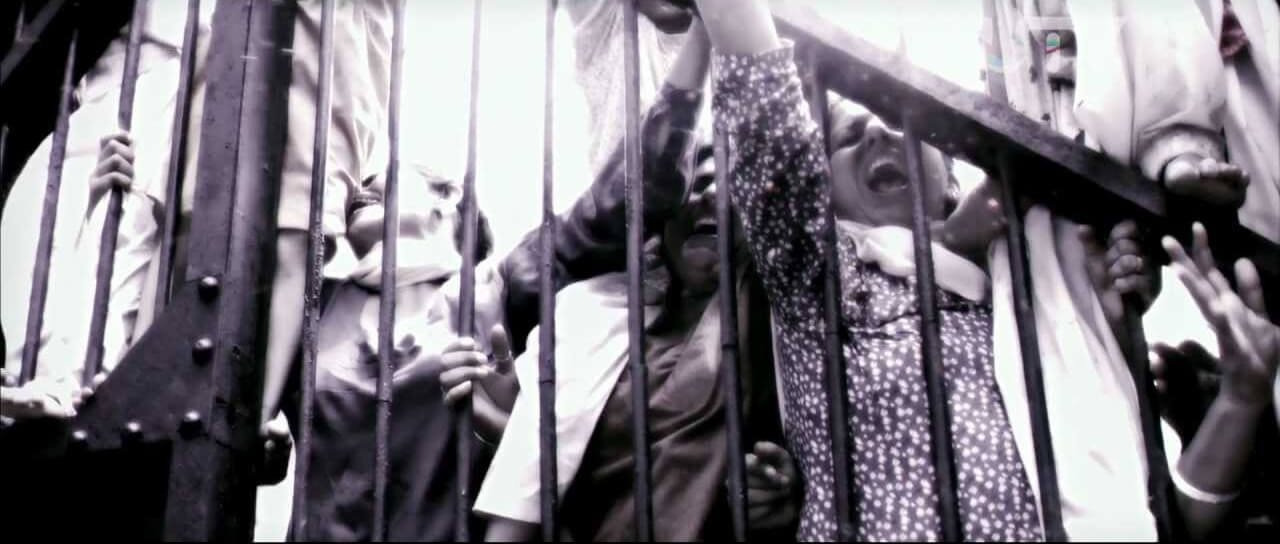
And among all this chaos, I hear one shot whooshing past me, and suddenly, I felt my younger brother’s hand slipping from mine. I turned to see him falling to the ground with blood pouring out of a hole in his stomach. The bullet tore through his stomach and got out of his back. It was BAD. All I could see was blood, lots and lots of blood. The impact of the bullet was so bad that his insides came out. He had been shot but I doubt if the bullet was really meant for him. There was a sardarji walking right ahead of us, who bent down to exit from the small gate and that’s when the bullet hit my brother. While people around me were screaming and searching for their loved ones, I just stood there, looking at my brother’s life slipping out of him slowly. What else could a 7-year-old have done?
I didn’t understand what happened. How else do you expect a kid to react to such a situation? I saw my dadi wrapping her dupatta around my brother’s stomach, picking him up and carrying him to the truck. My dad picked me up and rushed to the truck too. I don’t remember much about our truck journey, I guess I was in shock having witnessed my own brother being shot. He succumbed to his injuries on the way. I was there, seeing him fall asleep…forever. I hoped he’d wake up, but that’s how kids are. Full of hope. But my bhaiya never woke up. It broke my heart to see him like that. My baby brother!
The military truck left us at the refugee camp set up at DAV College, Lahore, where we performed my brother’s last rites and cremated him in the havankund of that college. We stayed at that camp for a couple of days. Our journey from there on is just a series of fast-moving images…a blur really. Later, we boarded a train from Lahore, bound for Amritsar. We lived in another refugee camp in Amritsar. We ate the little that we got from the temporary community kitchen of the camp. All this while, the only thing that we were trying to do was stay alive and stay together, in that order.
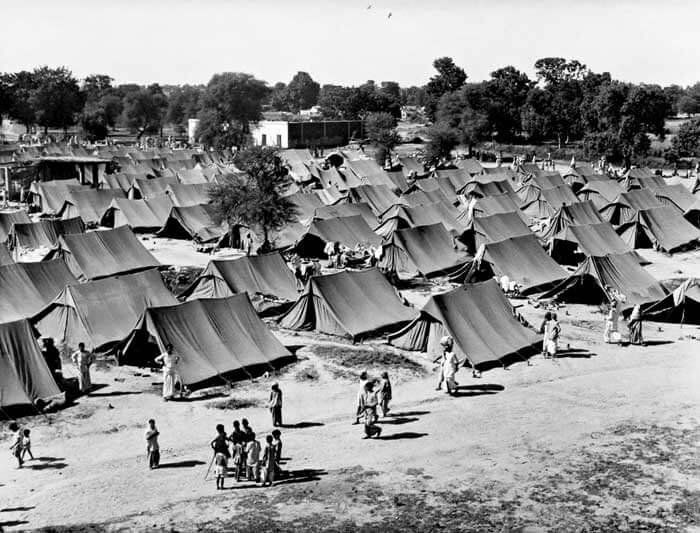
Daddy worked in the Auditor-General’s office when in Lahore, so once in India he was posted to Shimla from the refugee camp. That’s where we settled for a larger part of our lives. My mother gave birth to two more daughters. Me and my brothers & sisters started going to school, and life slowly began to come back to its normal state.
But I never forget my li’l brother. None of us siblings can. Yes, we moved on. We managed to make a better life for ourselves, we all have families now – sons, daughters and loving grandchildren to be with. We siblings might not talk about what happened all those years ago, but silently, we all know it’ll never stop haunting us.
For the rest of the country, it might have been just a phase in the whole independence movement of India, which has a paragraph dedicated to it in the school textbooks. But for us, it wasn’t just a phase, we lost a son, a grandson, a brother and a friend that day.”
Today, my nani is 76 years old and has no photograph of her brother. He’s just a fading memory…a memory that still bring tears to her eyes. A memory she, both, cherishes and regrets to this day.
